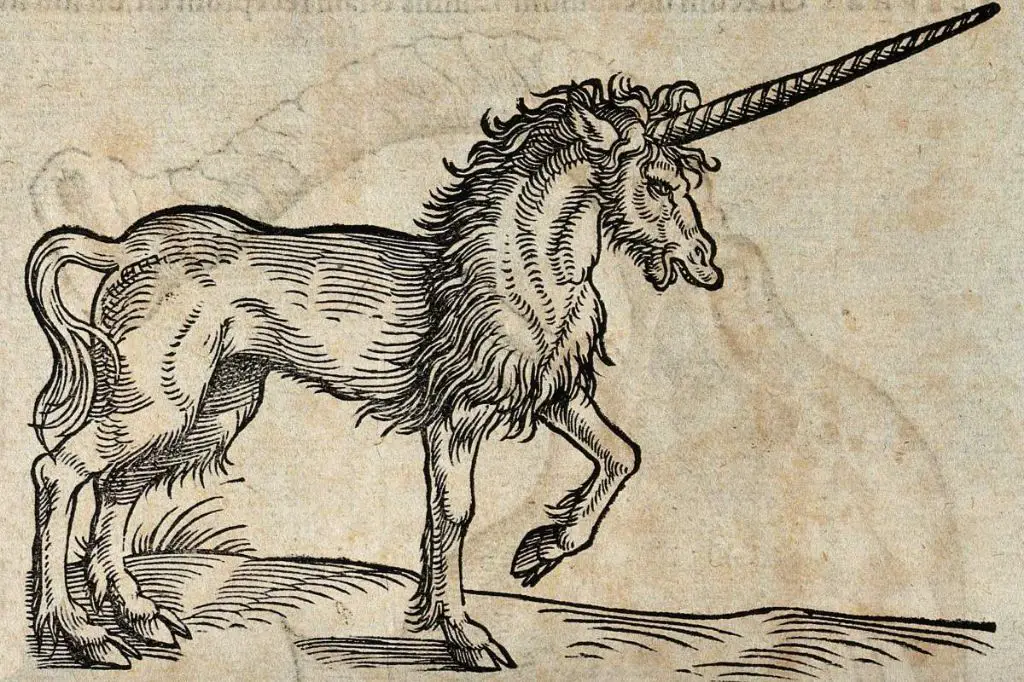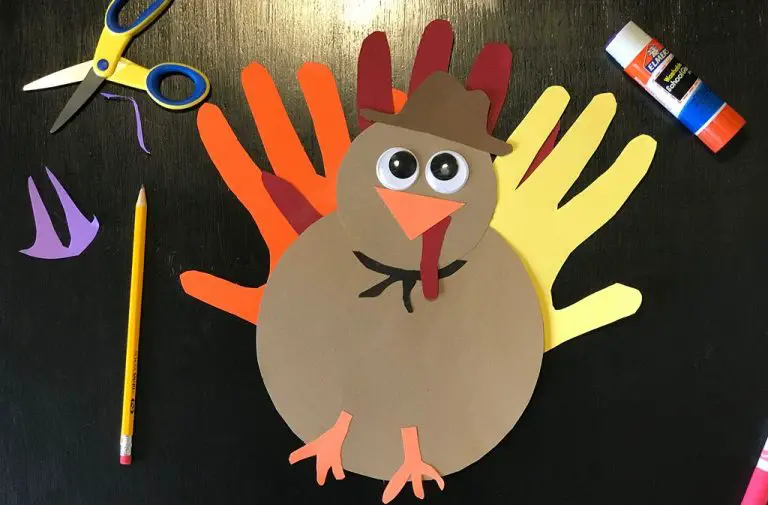What Does A Unicorn Horn Symbolize?
A unicorn horn, also known as an alicorn, is the spiral horn projecting from the forehead of a unicorn. Unicorns are mythical creatures that have been described since antiquity as a horse-like animal with a single horn on its forehead. The unicorn horn has held deep symbolic meaning throughout history and mythology.
The unicorn horn has long been associated with purity, healing powers, masculinity, and magical properties. It is an enduring symbol of rarity, value, and good fortune. Unicorn horns have been prominently featured in literature, art, and popular culture for centuries.
Purity
The unicorn’s horn represents purity and grace. In myth and legend, the unicorn is portrayed as a noble beast with a single spiraling horn projecting from its forehead. The unicorn was seen as a symbol of purity, innocence, and grace throughout history in various cultures and religions. According to the Quora article “What does a unicorn horn symbolize?”, unicorns were seen as “incorruptible” creatures that were untouched by the sins of the world. They were also associated with virginity and chastity.
Unicorns were often depicted in medieval art and literature as representing purity, as explained in this Quora post. Their horns were thought to have healing and cleansing powers that could purge poisons and make poisoned water safe to drink again. Drinking from a unicorn’s horn was seen as purifying. The unicorn’s connection to purity also stemmed from the white color of its coat, which symbolized light, perfection, and innocence.
Healing Powers
Legends claim that the unicorn’s magical horn held amazing healing abilities. The horn was believed to have the power to heal sickness and purify water from toxins or poisons. According to ancient mythology, unicorn horns could counteract venom and cure many illnesses and ailments (https://www.ancient-origins.net/myths-legends/magic-unicorn-horn-0010750).
Unicorn horns were highly coveted in medieval times for their purported medicinal qualities. People believed that unicorn horns could detect and counteract poison, making them valuable antidotes. Powdered unicorn horn was regarded as a miracle cure, able to neutralize any poison. Possessing a unicorn horn was thought to protect against the plague and other diseases (https://en.wikipedia.org/wiki/Unicorn_horn).
The healing properties associated with the magical unicorn horn made it one of the most valuable commodities in medieval times. Its mythical cleansing powers and ability to cure a wide range of ailments established the unicorn horn as a legendary protector against sickness and harm.
Divine Connection

The unicorn’s horn has long been associated with spirituality, enlightenment, and a connection to the divine or a higher power. Unicorns were seen as mythical creatures that embodied purity and grace. Their horns were thought to have healing and protective powers, bestowed upon them from the heavens.
In the Bible, unicorns are sometimes mentioned as symbols of spiritual strength and the triumph of good over evil. The unicorn’s horn was seen as a representation of salvation, with the power to purge poison and cleanse sin[1]. Saint Isidore of Seville wrote that the unicorn horn could “neutralize poison” and endure any sort of evil[2].
Some pagan religions also linked the unicorn’s horn to the gods. It was thought to contain magical and spiritual properties that provided a connection between the earthly and divine realms. Possessing a unicorn’s horn brought its owner closer to enlightenment and sacred wisdom from above.
Overall, the unicorn’s horn has long stood as a symbol of chastity, grace, and a bridge between humanity and the spiritual domain. Its horns were revered for their divine gifts of purification, protection and insight.
[1] https://www.sacredarchitecture.org/articles/horn_of_salvation_and_symbol_of_chastity
[2] https://www.quora.com/What-does-a-unicorn-horn-symbolize
Masculine Energy
The phallic shape of the unicorn’s horn was often seen as a symbol of masculine power and fertility (Source). The rigid, spear-like horn protruding from the unicorn’s head represented potent masculine energy and male virility. Yet, this was poetically counterbalanced by the unicorn’s overall feminine grace and delicate beauty. Unicorns were thought to embody a perfect balance of masculine and feminine energies.
Magical Properties
According to myth and folklore, the magical horn of the unicorn was believed to have many supernatural abilities. The horn was seen as a channel for mystical forces and was revered for its power to neutralize poison, heal sickness, and protect against evil (StackExchange). Ancient texts describe the unicorn’s horn as having the power to render poisoned water potable and cure maladies (Ancient Origins). This prized horn was believed to be imbued with divine energy, as the unicorn was a being of purity.
Myths across various cultures exalt the unicorn’s horn for its magical and mystical attributes. The supernatural qualities of the unicorn’s horn have inspired awe and wonder throughout history, making it one of the most legendary symbols of myth and folklore.
Rarity and Value
The rarity and difficulty of obtaining a unicorn horn made it an incredibly valuable treasure historically. According to Unicorn horn – Wikipedia, unicorn horns were considered one of the most prized possessions someone could own. Since unicorns were mythical creatures, obtaining an actual unicorn horn was near impossible. However, narwhal tusks were sometimes passed off as unicorn horns, adding to their mystique and value.
Possessing a unicorn horn symbolized great status, royalty, and wealth. Only the most elite members of society could get their hands on something as rare and precious as a unicorn horn. They were given as extravagant diplomatic gifts and displayed as crown jewels. Unicorn horns and powder shavings from them were worth more than gold. Their rarity made them a symbol of extreme luxury that only the highest nobility could ever dream of owning.
Good Fortune
The unicorn’s horn was believed to be a potent talisman that could bring good luck and ward off evil. According to medieval legend, the unicorn’s horn was seen as having magical properties that could counteract poison and cure illness (Spiritual Meanings, para 3). Unicorn horns were highly prized and considered more valuable than gold. Possession of even a small piece of a unicorn’s horn was thought to protect against disease and bestow good fortune on its owner.
During the Middle Ages and Renaissance, charlatans sometimes passed off narwhal tusks as unicorn horns, which they sold for exorbitant sums. Kings and nobles would pay vast fortunes to obtain a “unicorn horn”, believing it could render poisoned food and drink harmless (Quora, para 2). The horns were considered so valuable that a healthy unicorn horn trade existed despite the creatures’ fabled rarity. The mystical properties attributed to the unicorn’s horn speak to a deep desire throughout history for connection to sources of health, purity, and good fortune.
In Literature and Art
The unicorn’s distinctive horn has long been a symbol of mystery and magic in literature and art. In mythology and legends, the unicorn’s horn was believed to have miraculous healing and protective powers. For example, according to medieval legend, the unicorn’s horn could purify poisoned water and cure sickness and disease (Fitzwilliam Museum). Unicorn horns and horn powders were highly prized in medieval times for their supposed healing abilities.
In stories and poetry, the unicorn’s horn also symbolized rarity, purity, and grace. In medieval tapestries like The Unicorn Tapestries created 1495-1505, the unicorn is depicted as a graceful, mystical creature whose horn has the power to purify and protect (Fantasy-Magazine.com). The unicorn’s horn has been featured in famous mythical stories and poems, from ancient Greek accounts to medieval bestiaries to Lewis Carroll’s Through the Looking Glass. It remains an enduring symbol of magic, innocence, and the fantastical in literature and art.
Conclusion
In summary, the unicorn horn symbolizes purity, healing powers, divine connection, masculine energy, magical properties, rarity and value, and good fortune. The unicorn horn endures as a mythical symbol because of its association with these positive attributes throughout history and mythology. Unicorns are rare, magical creatures, and their horns represent their connection to the divine, their healing abilities, and their purity. The unicorn’s horn has been revered for its preciousness and mystical energy since ancient times. Myths and legends have cemented the unicorn horn as a symbol of possibility, positivity, and prosperity. Its enduring symbolic power reflects humanity’s fascination with the transcendent, the rare, and the magical.



